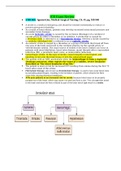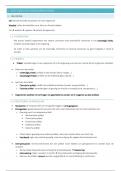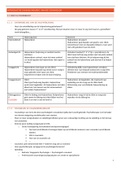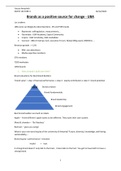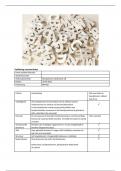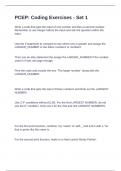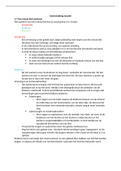Lecture notes
Equitable Maxim Recap Notes
- Module
- Equity And Trusts
- Institution
- University Of Sussex (UoS)
This is part of a bundle for Equity and Trusts Term 2. Includes: - Maxims - Implied Trusts - Constructive Trusts - Illegality - Presumption of Advancement
[Show more]




